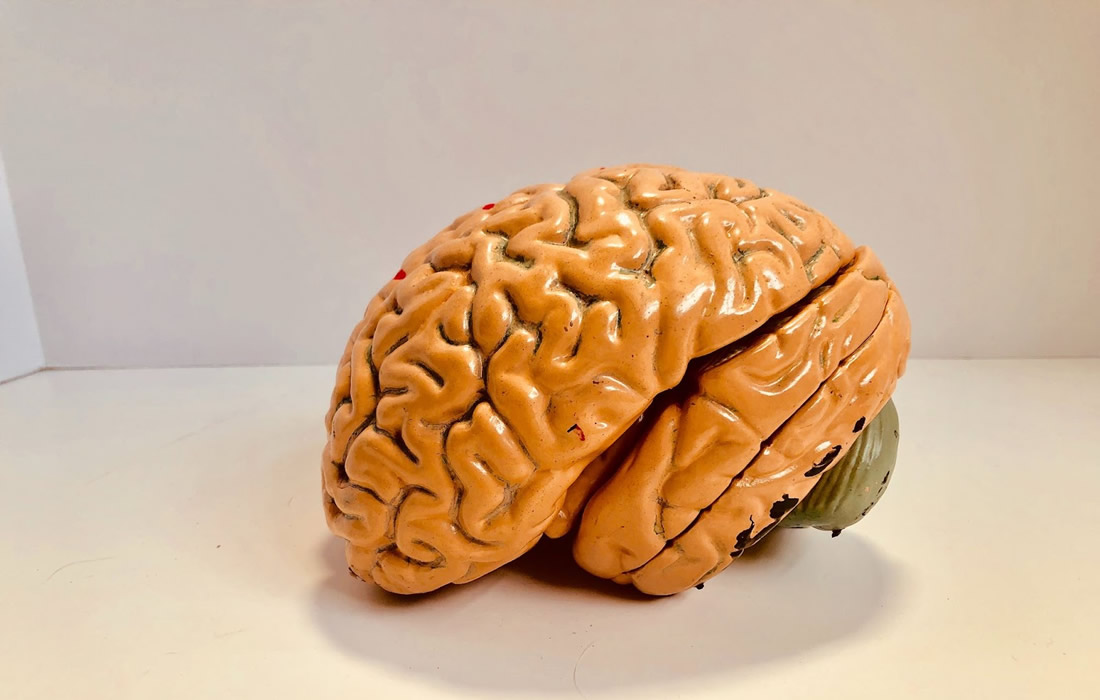Regenerative Medicine News and General Information
Insights on New Therapies for Stroke Patients: Deep Brain Stimulation
A first-in-human trial of deep brain stimulation (DBS) for post-stroke rehabilitation patients by Cleveland Clinic researchers has shown that using DBS to target the dentate nucleus — which regulates fine-control of voluntary movements, cognition, language, and sensory functions in the brain — is safe and feasible.
The EDEN trial (Electrical Stimulation of the Dentate Nucleus for Upper Extremity Hemiparesis Due to Ischemic Stroke) also shows that the majority of participants (nine out of 12) demonstrated improvements in both motor impairment and function. Importantly, the study found that participants with at least minimal preservation of distal motor function at enrollment showed gains that almost tripled their initial scores.
“These are reassuring for patients as the participants in the study had been disabled for more than a year and, in some cases, three years after stroke. This gives us a potential opportunity for much needed improvements in rehabilitation in the chronic phases of stroke recovery,” said Dr. Machado.
The completed EDEN trial enrolled 12 individuals with chronic, moderate-to-severe hemiparesis of the upper extremity as a result of a unilateral middle cerebral artery stroke 12-to-36 months prior. Nine of the 12 participants improved to a degree that is considered meaningful in stroke rehabilitation.
Each participant underwent DBS surgery, which involved the surgical implantation of electrodes into a part of the brain called the cerebellum. Once connected to a pace-maker-like device, the electrodes were used to deliver small electric pulses to help people recover control of their movements. Following discharge and recovery from the surgery, participants completed months of physical therapy, first with the DBS device turned off for several weeks and then turned on for four-to-eight months. It was after turning the device on that the most significant improvements were observed.
“The safety and feasibility data from this early study combined with the potential symptom improvements certainly support the need for additional, larger trials to see if cerebellar DBS is indeed a potential treatment for post-stroke motor impairment,” said Brooks Gross, Ph.D.
“The results of the study found that deep brain stimulation, paired with physical therapy, improved movement in patients who were more than a year out from their stroke and whose motor improvements had largely plateaued. This tells us the research warrants further investigation in larger patient samples.” said Dr. Baker.
Sources:
Kenneth B. Baker, Ela B. Plow, Sean Nagel, Anson B. Rosenfeldt, Raghavan Gopalakrishnan, Cynthia Clark, Alexandria Wyant, Madeleine Schroedel, John Ozinga, Sara Davidson, Olivia Hogue, Darlene Floden, Jacqueline Chen, Paul J. Ford, Lauren Sankary, Xuemei Huang, David A. Cunningham, Frank P. DiFilippo, Bo Hu, Stephen E. Jones, Francois Bethoux, Steven L. Wolf, John Chae, André G. Machado. Cerebellar deep brain stimulation for chronic post-stroke motor rehabilitation: a phase I trial. Nature Medicine, 2023; DOI: 10.1038/s41591-023-02507-0
Cleveland Clinic. “Study shows deep brain stimulation encouraging for stroke patients.” ScienceDaily. ScienceDaily, 14 August 2023. <www.sciencedaily.com/releases/2023/08/230814122242.htm>.
Images from:
Photo by Natasha Connel
https://unsplash.com/photos/aCU6AJnT-8g

